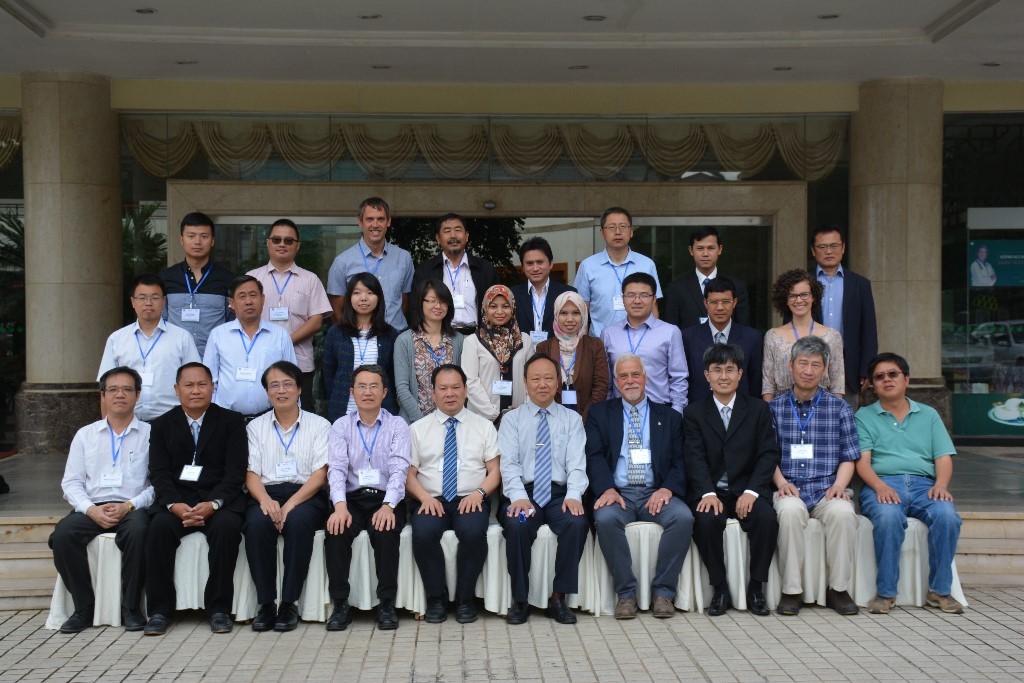
To increase the capacity of researchers in the Asia-Pacific to effectively and accurately conduct research on forest adaptation to climate change, AP-FECM member universities and research organizations gathered at the Training Workshop on Modelling Climate Change and Forest Ecosystems in a Changing Climate from May 31st to June 7th 2016 in Kunming, China.

Throughout the 8 day workshop, 29 academics from Canada, China, Chinese Taipei, Japan, Laos, Malaysia, and Myanmar exchanged information regarding forestry, climate change, forest management, and technological and modelling advancements. The workshop focused on the technical application of models, as well as management and decision-making methods in order to increase the capacity of participants of the Adaptation of Asia-Pacific Forests to Climate Change project to conduct research on forest adaptation to climate change in their own economies.
The workshop successfully increased the knowledge to use tools and models developed in Phase I of the Adaptation of Asia-Pacific Forests to Climate Change project, which will enable them to achieve the Phase II research objectives and help address climate change adaptation in the Asia-Pacific region. Lecture topics focused on the impacts of climate change on forest ecosystems and current forest policy regarding climate change mitigation and adaptation; a review of forest inventory techniques, applications, and analysis; an introduction to the development and application of models produced in Phase I including ClimateAP, climate niche modelling, and FORECAST Climate; and the use of technology such as LiDAR and artificial intelligence in forestry research and management. This array of topics ensured participants received a comprehensive understanding of the politics of climate change and the research strategies and techniques that can be used to better assess climate change impacts on forests.
As one of the AP-FECM activities, the training workshop was organized by the University of British Columbia, Canada in partnership with the Research Institute of Resources Insects, China. The workshop is one of several project components aimed at achieving APFNet’s goals of improving capacity and knowledge transfer in the Asia-Pacific region.